We've got a private master comes to teach us at home, but we ain't proud, because ma says it's sinful
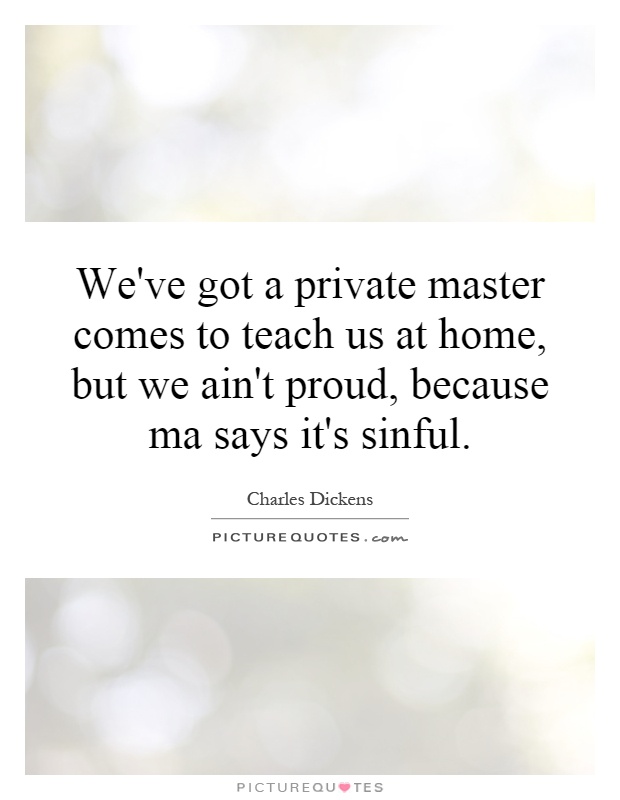
We've got a private master comes to teach us at home, but we ain't proud, because ma says it's sinful
In the world of Charles Dickens, social class and morality were often intertwined, with the wealthy and privileged often looking down upon those of lower classes. The quote, "We've got a private master comes to teach us at home, but we ain't proud, because ma says it's sinful," reflects this complex relationship between education, social status, and morality.In Dickens' novels, education was often seen as a privilege reserved for the wealthy and elite. Those of lower classes were often denied access to quality education, leading to a perpetuation of poverty and social inequality. In the quote, the speaker's family has a private tutor who comes to teach them at home, a luxury that would have been reserved for the upper classes in Dickens' time. However, the speaker's mother expresses discomfort with this arrangement, believing that it is sinful to receive such special treatment.
This sentiment reflects the Victorian belief that one's social status was predetermined and that attempting to rise above one's station was morally wrong. The idea of social mobility was often frowned upon, with those of lower classes expected to accept their lot in life and not aspire to more. The speaker's mother's reluctance to embrace the private tutor may stem from a fear of being seen as prideful or trying to elevate her family's social status beyond what was deemed acceptable.


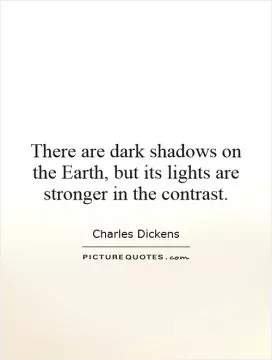
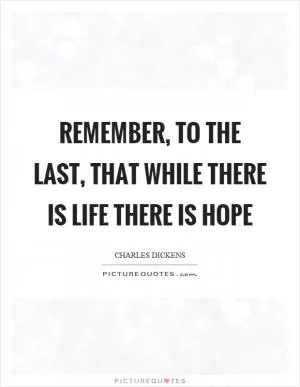
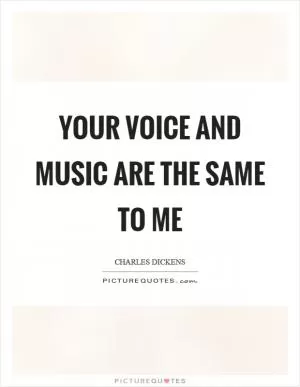


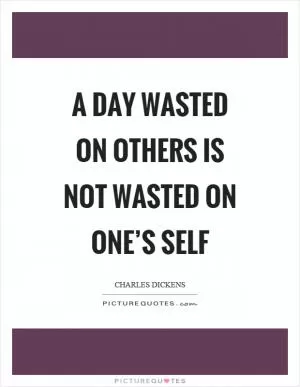
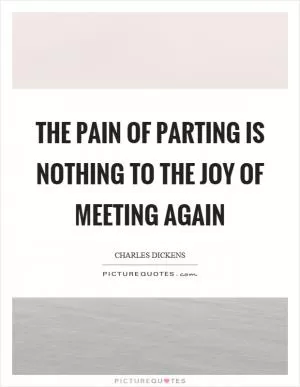



 Friendship Quotes
Friendship Quotes Love Quotes
Love Quotes Life Quotes
Life Quotes Funny Quotes
Funny Quotes Motivational Quotes
Motivational Quotes Inspirational Quotes
Inspirational Quotes